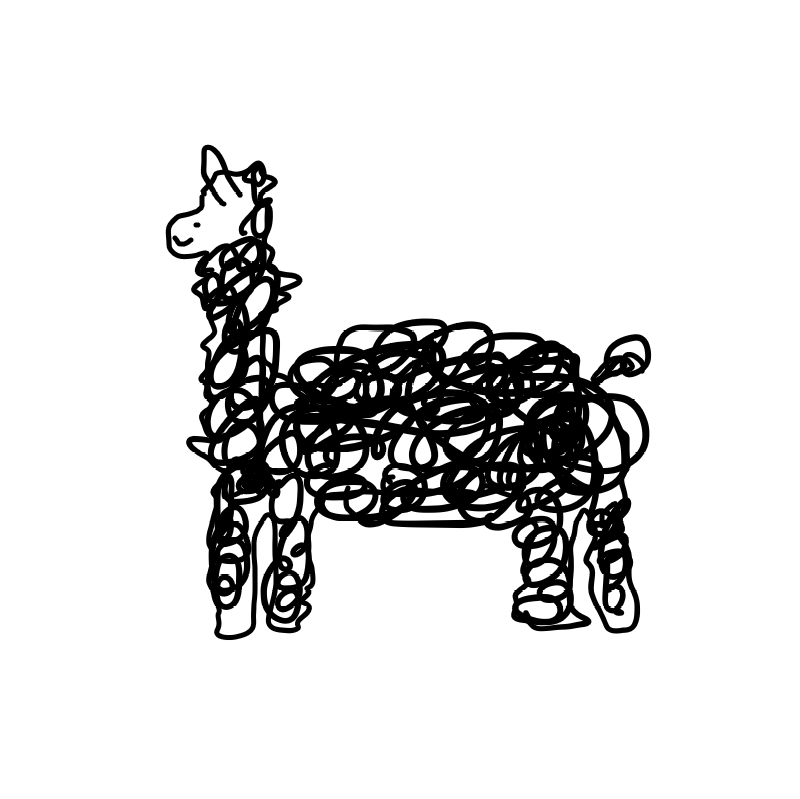796. Rotate String
We are given two strings, A and B.
A shift on A consists of taking string A and moving the leftmost character to the rightmost position. For example, if A = 'abcde', then it will be 'bcdea' after one shift on A. Return True if and only if A can become B after some number of shifts on A.
My Answer 1: Accepted (Runtime: 36 ms - 18.83% / Memory Usage: 14.3 MB - 48.93%)
class Solution:
def rotateString(self, A: str, B: str) -> bool:
# 첨부터 같으면 True
if A == B:
return True
# 길이가 다르면 무조건 False
if len(A) != len(B):
return False
# B: 원본, B2: A 랑 같은지 확인하는 용도 (slice)
B2 = B
for i in range(len(B)):
if B[i] == A[0]:
B2 = B[i:] + B[:i]
if A == B2:
return True
return FalseB 를 A[0] 값을 기준으로 slice 해주면서 A 랑 B 랑 같은지 확인
My Answer 2: Accepted (Runtime: 28 ms - 83.65% / Memory Usage: 14.4 MB - 15.26%)
class Solution:
def rotateString(self, A: str, B: str) -> bool:
# 첨부터 같으면 True
if A == B:
return True
# 길이가 다르면 무조건 False
if len(A) != len(B):
return False
# 시작 값 (A[0]) 이 없으면 False => 요거 추가했더니 빨라짐
if A[0] not in B:
return False
# 빨리 찾기 위해서 B 도 A[0] 값부터 시작하도록 해줌
B = B[B.index(A[0]):] + B[:B.index(A[0])]
# B: 원본, B2: A 랑 같은지 확인하는 용도 (slice)
B2 = B
for i in range(len(B)):
if B[i] == A[0]:
B2 = B[i:] + B[:i]
if A == B2:
return True
return False예외를 더 추가해주니까 빨라졌다.
KMP
229. Majority Element II
Given an integer array of size n, find all elements that appear more than ⌊ n/3 ⌋ times.
Follow-up: Could you solve the problem in linear time and in O(1) space?
My Answer 1: Accepted (Runtime: 108 ms - 94.32% / Memory Usage: 15.5 MB - 26.25%)
class Solution:
def majorityElement(self, nums: List[int]) -> List[int]:
# 분명 시작은 easy 였는데 어느새 Medium 이 되어버린~...
numsCount = collections.Counter(nums)
# n // 3 보다 큰 값들만 찾기
mv = len(nums) // 3
result = []
for key, val in numsCount.items():
if val > mv:
result.append(key)
return resultCounter 이용해서 numsCount 구해주고
len(nums) // 3 보다 큰 value 값들만 result 에 append
My Answer 2: Accepted (Runtime: 132 ms - 15.62% / Memory Usage: 15.2 MB - 97.97%)
class Solution:
def majorityElement(self, nums: List[int]) -> List[int]:
# 분명 시작은 easy 였는데 어느새 Medium 이 되어버린~...
nums.sort()
result = set()
now = nums[0]
cnt = 0
for i in range(len(nums)):
if now == nums[i]:
cnt += 1
if now != nums[i]:
now = nums[i]
cnt = 1
if cnt > len(nums) // 3:
result.add(now)
return resultsort 하고 cnt 로 세면서 if cnt > len(nums) // 3: 경우에만 result 에 넣는 식으로도 했는데
훨~씬 느리다
